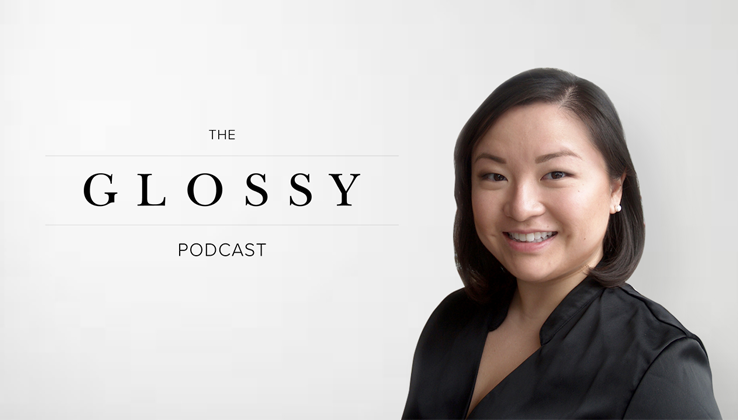When Elaine Kwon realized just how much fashion and luxury brands don’t understand retail’s new digital world order, she started her own e-commerce management firm, Kwontified, to help them figure it out.
Kwon had been working at Amazon, helping luxury fashion brands find success on the platform once they’d signed on. During her time there, she had 155 retail clients, ranging from niche fashion startups to luxury names including Versace.
“There wasn’t a lot of education that was happening to help brands keep up with what was going on [in e-commerce], especially when it came to Amazon,” said Kwon. “With as many consumers that are on the platform every day, that education gap gets compounded. We saw it as a problem and wanted to figure out a way to help brands bridge the gap.”
Kwon, who joined us on the Glossy Podcast this week, and her co-founder Jordan Taylor now work with brands to help them map out their digital strategies, focusing on figuring out shipping and return structures, online customer service, and — of course — whether or not to work with Amazon.
Edited highlights, below.
Ad position: web_incontent_pos1
On warming up to e-commerce
Kwon believes it’s for lack of education, not lack of trying, that has led to luxury brands’ stunted growth in the e-commerce and digital industries. But the willingness to try is still relatively new to these brands. Kwon said that, while it’s now rare, there are still brands her company works with that have just acted on building an e-commerce site or selling online.
“I think, for a long time, there was this idea that certain brands didn’t need to participate in the internet, that the experiences that they had built their businesses on was untouchable,” said Kwon. “But more and more, what brands have realized is you can’t ignore the internet.” She acknowledged that, yes, this is taking place still, today, in 2017.
On the death of pure-play
While Kwon maintains that brands can’t underestimate the importance of a solid digital e-commerce strategy, she doesn’t see the future of retail playing out in a pure-play e-commerce model. Instead, brands will have to master the “new retail values,” which include fast shipping, cross-channel capabilities like buy-online-return-in-store, and in-store experiences.
“What we’re seeing is that it’s not enough to be pure-play brick and mortar. We all know that now. But it’s not enough to put all your eggs in e-commerce, either,” said Kwon. “Just like brick-and-mortar pure play is outdated today, pure-play e-commerce will be outdated tomorrow.”
On fashion’s Amazon anxieties
During her years at Amazon, Kwon dealt with a number of negative feelings that brands associated with the company — wariness, annoyance and fear, among them. Overall, she said, fashion and luxury brands did not like the way Amazon slashed prices and the retailer’s overall disrespect for the brands it works with. All that being said, Kwon believes that brands are going to have to end up working with Amazon, in some respect.
Ad position: web_incontent_pos2
“There are a lot of things that are scary to brands about Amazon,” said Kwon. “But they are who they are today for prioritizing the customer relationship. So, instead of seeing Amazon as, ‘They’re bad. Let’s avoid this entirely,’ the way to look at it is, ‘This is an important brand for my customer. Let’s be where they are and figure out how to make it work.’”




